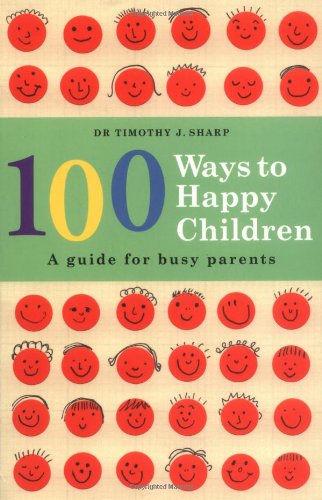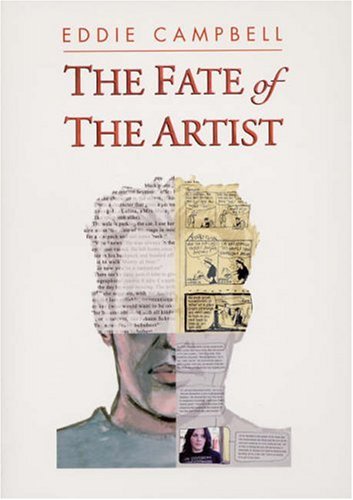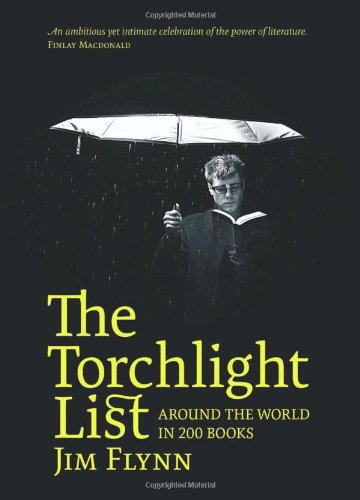
Some books are so good that you can’t put them down — you have to keep reading them, even if it means reading by torchlight in the middle of the night. Jim Flynn has read a lot of good books — The Torchlight List describes 200 of the best.
Review articles
The Torchlight List — Jim Flynn
The Broken Book — Fiona Farrell
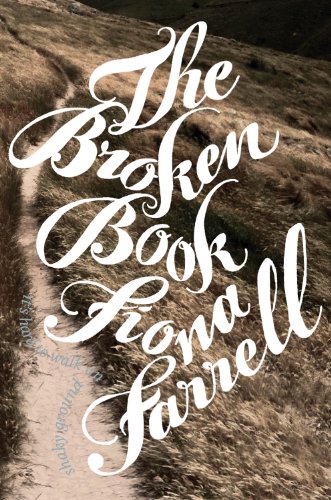 I love this book. Fiona Farrell started out writing a travel book about walking in different countries and places, but the Christchurch earthquakes of 2010-11 imposed themselves on the writing. As she says, “The quake sent a jagged tear right through my text.”
I love this book. Fiona Farrell started out writing a travel book about walking in different countries and places, but the Christchurch earthquakes of 2010-11 imposed themselves on the writing. As she says, “The quake sent a jagged tear right through my text.”
The result is a book of stories and observations from many years of living and walking in various places. But it’s shot through with stories, essays and poems about the Christchurch earthquakes, and earthquakes through history.
Mistakes Were Made (But Not By Me)

I have always found it exasperating the way politicians rarely admit being wrong. They should simply say “sorry, I made a mistake, but I learned from it and won’t make that mistake again.” Instead, they evade, they prevaricate, and they spout spurious justifications. Why do they do this, even when (as described in this book) owning up to mistakes will often actually make them more popular? Mistakes Were Made (But Not By Me) offers an answer.
When we make a mistake, our self-image (I am smart and moral) conflicts with the facts (I just did a stupid and bad thing). This leads to feelings of cognitive dissonance, which our minds find intolerable. To reduce the dissonance, we should change our self-image (I am smart but sometimes I do stupid things). But instead, we try to change the facts (it wasn’t really a bad thing because it was for their own good and only I was smart enough to realise that).
The 10pm Question — Kate De Goldi
 I don’t know how many books have been written about neurotic 12-year-olds, but I doubt many of them are as good as The 10pm Question. The central character, Frankie, is a portrait of a boy struggling with (he feels) the weight of the world on his shoulders. He’s so serious, yet still a kid and a very human character. Pretty much all the other characters are weird or colourful in their own way, but never too cartoonish (with the possible exception of the Aunties — but they are so likeable I don’t really mind).
I don’t know how many books have been written about neurotic 12-year-olds, but I doubt many of them are as good as The 10pm Question. The central character, Frankie, is a portrait of a boy struggling with (he feels) the weight of the world on his shoulders. He’s so serious, yet still a kid and a very human character. Pretty much all the other characters are weird or colourful in their own way, but never too cartoonish (with the possible exception of the Aunties — but they are so likeable I don’t really mind).
The book’s official site has a little essay written by the author, describing the ideas that went into the book and how it was written. Don’t read it until you’ve read the book though.
The Little Guide to Your Well-Read Life
I never seem to have enough time to read all the books I want to read. So I grabbed this book, which promises to put more books in your life (including itself, I suppose).
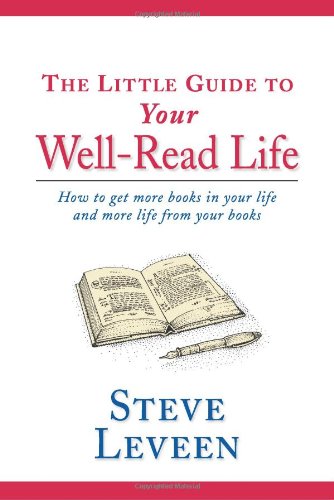
The thing I really liked is the idea of maintaining a Library of Candidates, a fancy name for the pile of books you own but have not yet read. Having lots of unread books has always seemed like a bad thing to me. I have thought of it like a large pile of clothes that have to be ironed, as if reading books were an arduous chore instead of a pleasure. Instead, I should revel in the number of unread books on my shelf, secure in the knowledge that I won’t run out. I will keep all such books together on my shelves, so I can easily choose one during those happy moments when I have time to start a new book.
This won’t really help me with my ironing, but at least it’s a start.
100 Ways to Happy Children
100 Ways to Happy Children: A guide for busy parents by Dr Timothy Sharp
What parent, busy or otherwise, doesn’t want happy children? This book is a good list of reminders for all these things that parents know they should do, but sometimes forget.
Better by Mistake — Alina Tugend
“The Unexpected Benefits of Being Wrong” is the subtitle of this book and a pretty good summary of it too. We tend to feel bad about making mistakes, but Better by Mistake helps remind us that mistakes are one of the most important learning tools we have.

Two of this book’s ideas resonated with me. The first is that effort is more important than results. I think this is particularly true for people as they are growing up — you learn more from trying and failing than you do from effortlessly succeeding. I have found that children (mine and others’) respond more positively when praised for effort rather than achievement — they keep on trying, rather than just basking in the warm pleasant glow of approval.
The second idea, and one I wish more people understood, is the importance and power of apologising. This reminded me of Tim Harford’s TED talk, Trial, error and the God complex, in which he points out how important and yet difficult it is for us to admit our own fallibility. Our first reaction to being blamed is often to become defensive. This is usually counterproductive. From hurting somebody with a careless remark to needlessly invading a foreign country, so many mistakes can be at least partially remedied with a well-timed apology.
The War for Children’s Minds — Stephen Law

This useful book is a careful and spirited defence of the idea that children should be taught to think for themselves rather than uncritically accept the views of some authority, be it parental, religious or governmental. You’d think that this view would be completely uncontroversial. But surprisingly many people mistakenly think that this leads to anarchy, moral relativism, a rejection of traditional values, or all of these things.
Continue readingThe Fate of the Artist — Eddie Campbell
Every time I read a graphic novel, I become keenly aware of yet another vast area of culture that I am largely oblivious of.
This clever, self-referential, beautiful book is a kind of fictionalised biography of a graphic novelist, as written by… himself. It’s also a mystery, since he has actually disappeared, and clues are pieced together in interviews with his family. There’s text, photostrips, and many comic strips. There are appearances from historical figures from literature, music and other arts. God is also a minor character. There’s a lot in this book — while reading it I had the same feeling I get when talking with a bunch of smart people. I learned some things, I saw things from a different viewpoint, and I had a lot of fun. And that is what I call a really good book.
My Brain Made Me Do It

Are we truly in control of our own actions, or are they are really determined by our genes and environment? Are our brains really just machines operating according to the laws of physics? Is our free will nothing more than an illusion? And if it is, how can we be morally responsible for anything?
These questions are just about the biggest and most difficult questions we can think about. I know what the answers are, but if you don’t, it would be worth your while to read the first half of “My Brain Made Me Do It” by Eliezer Sternberg. Sternberg raises the questions, discusses some of the evidence and research and identifies some current approaches. It’s a good exploration of the topic and it does get you thinking.
